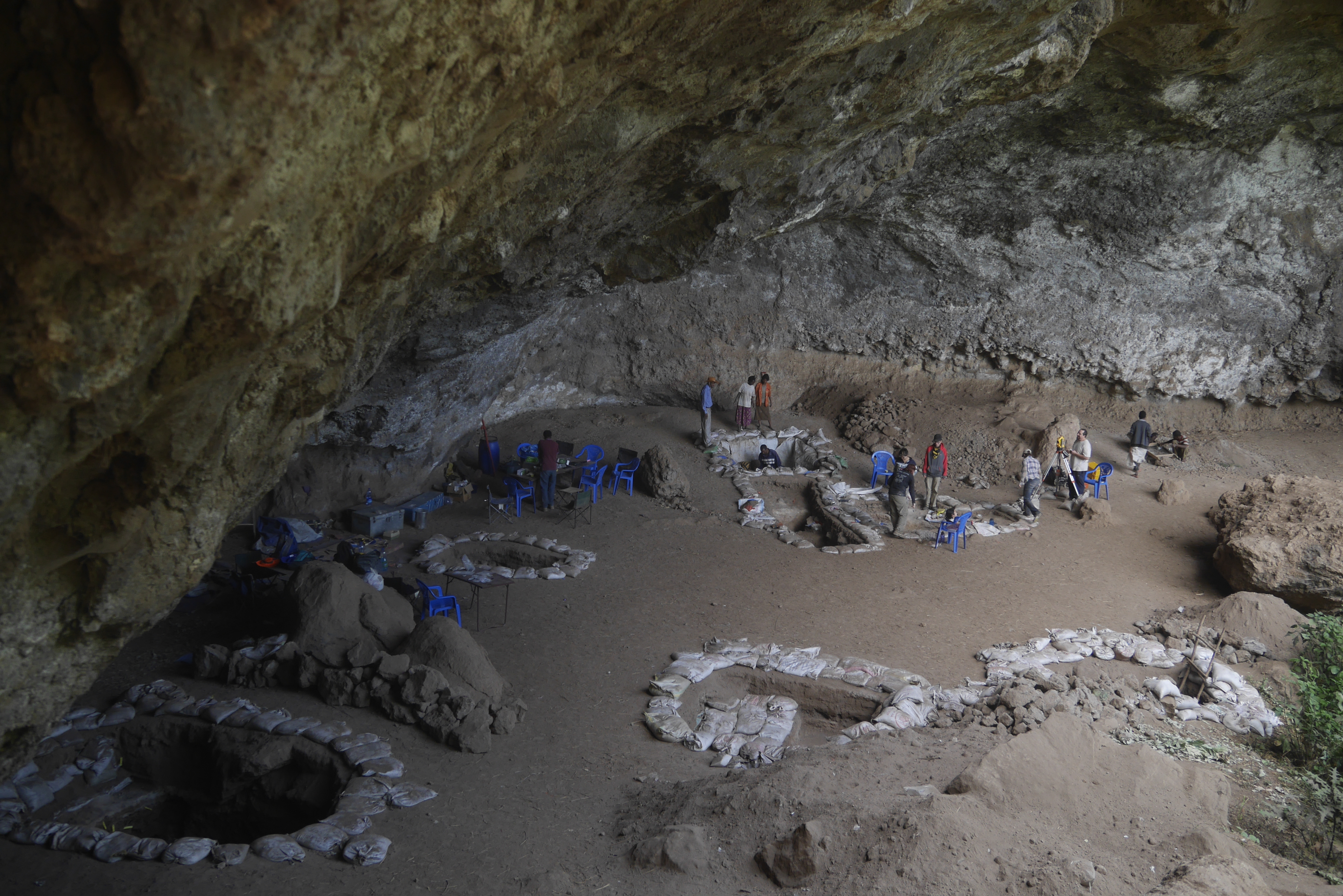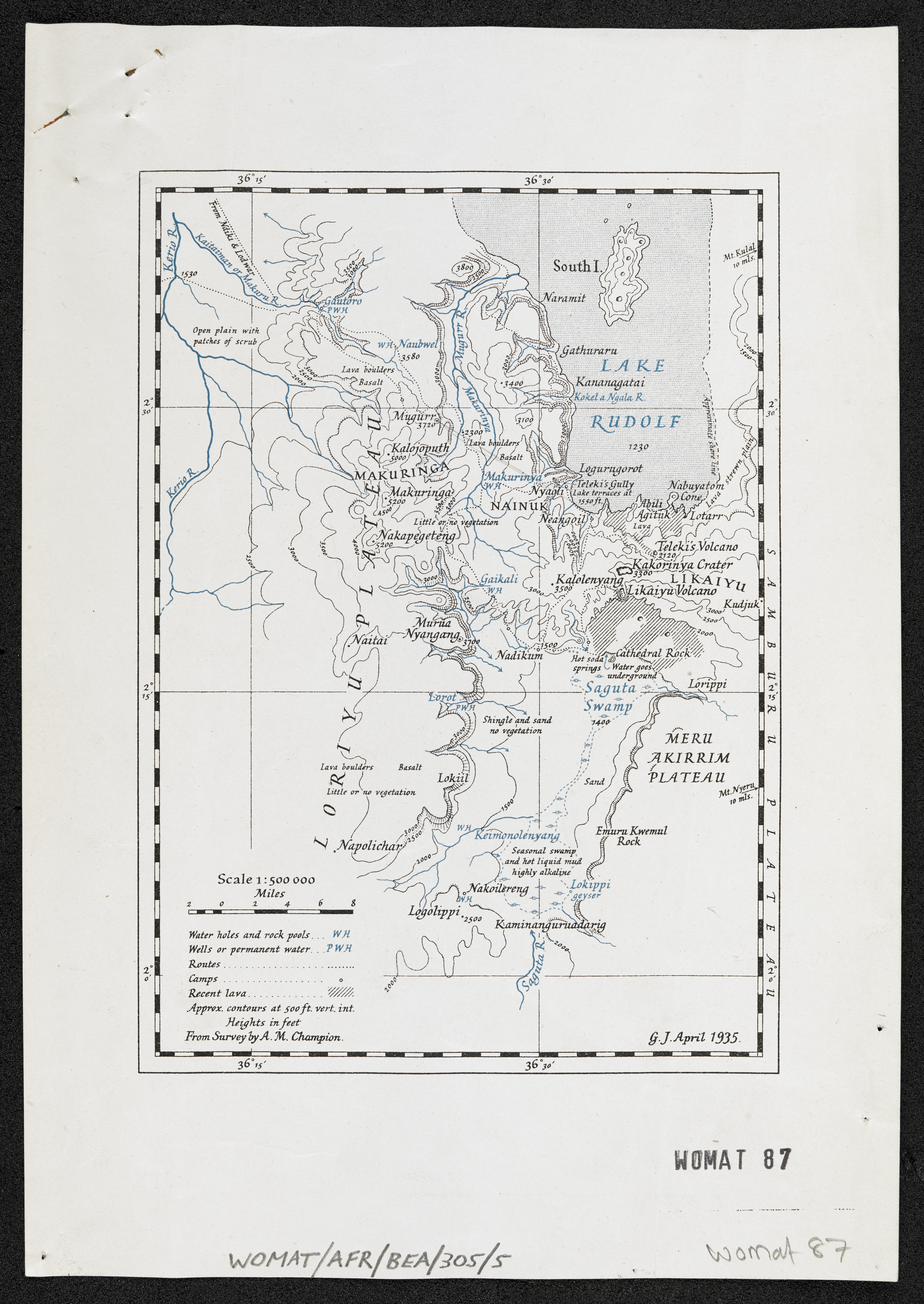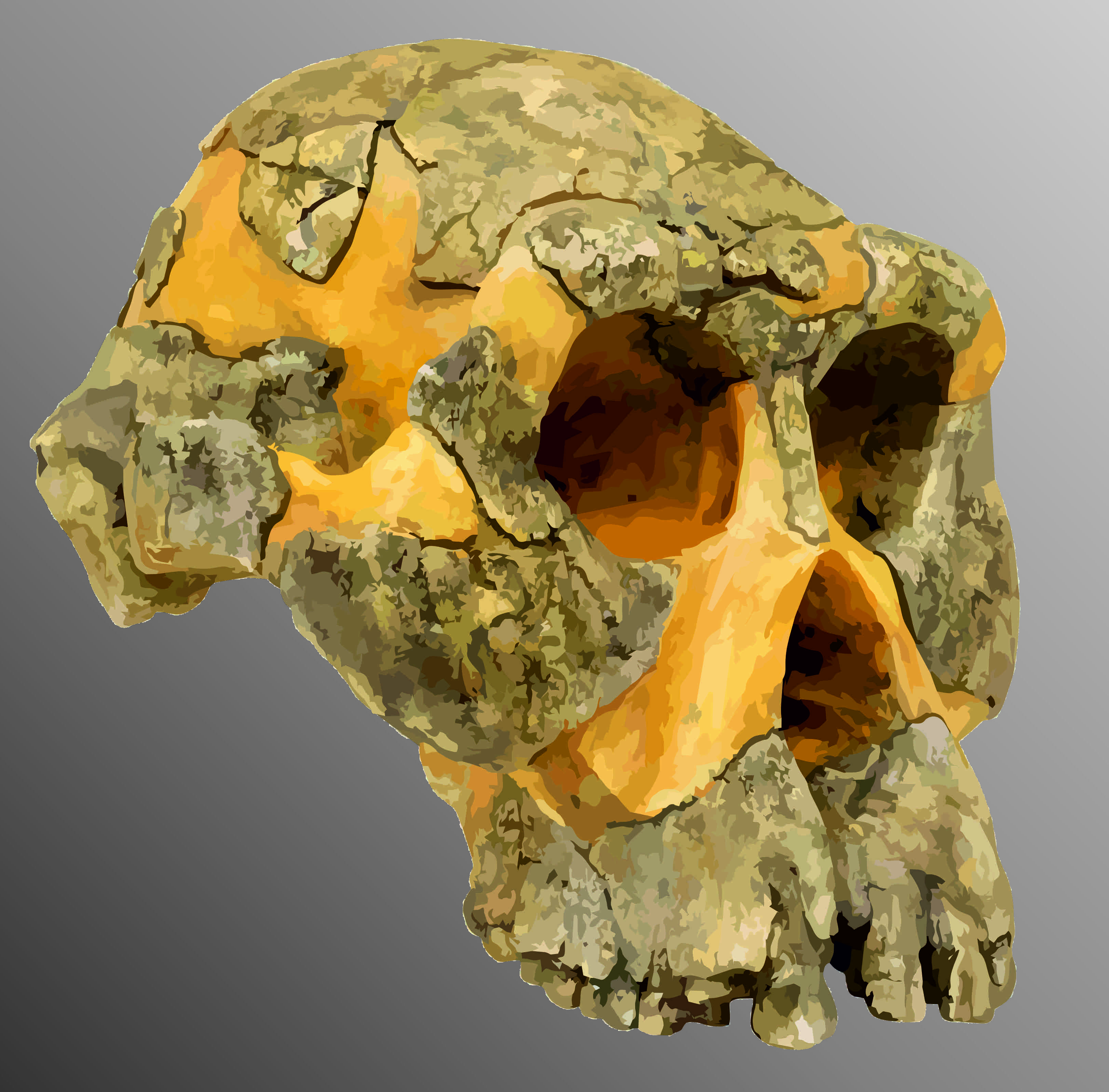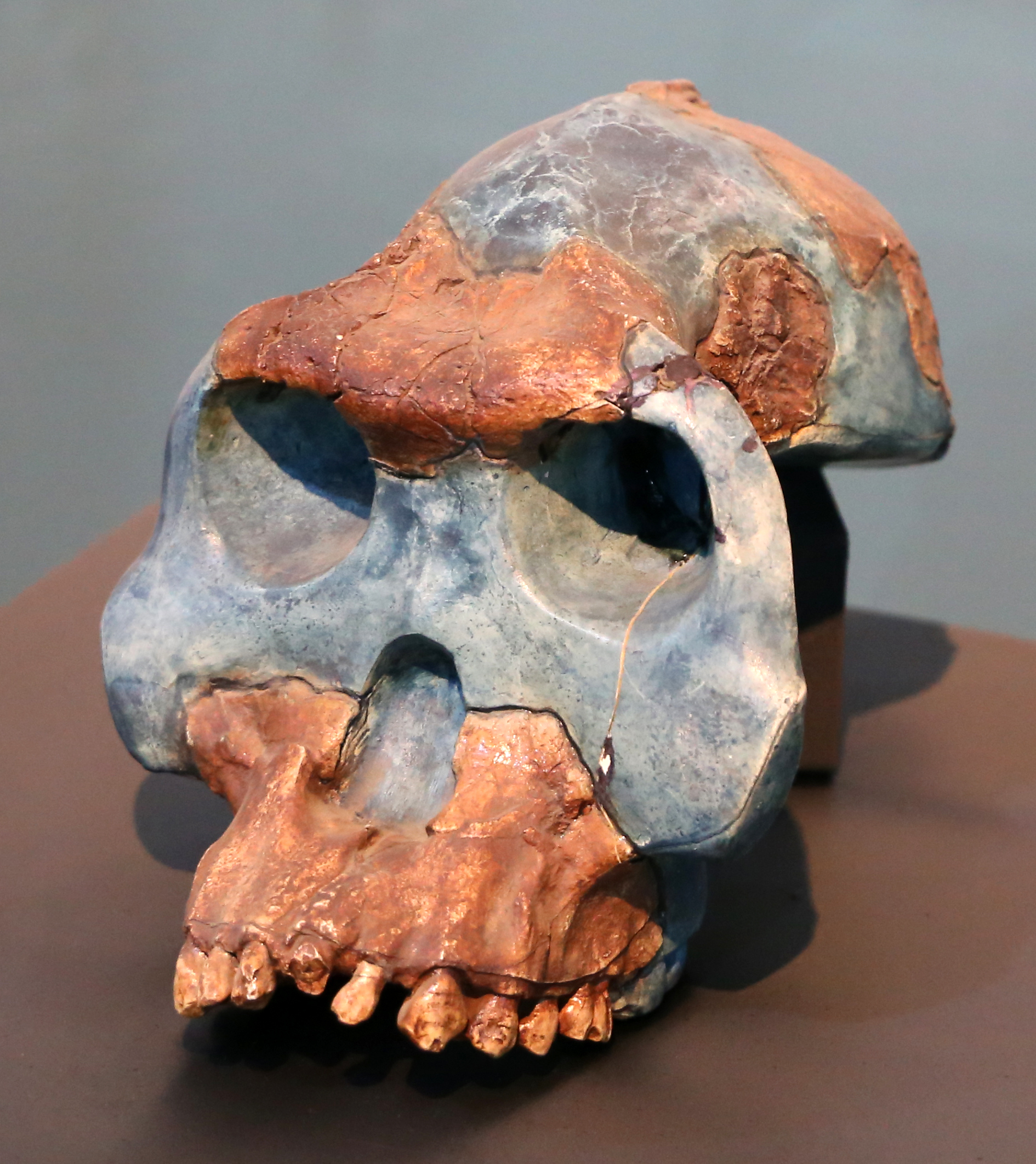Time Periods
Paleolithic
Mesolithic
Neolithic
Chalcolithic
Bronze Age
Iron Age
Classical Period
Post-Classical Period
Early Modern Period
Industrial Period
Contemporary Period
Time Periods
Paleolithic
Mesolithic
Neolithic
Chalcolithic
Bronze Age
Iron Age
Classical Period
Post-Classical Period
Early Modern Period
Industrial Period
Contemporary Period
Location
About
The Omo Kibish Formation, located in the Lower Omo Valley of southwestern Ethiopia, is a significant geological formation known for its rich paleoanthropological record. It is divided into four members, Members I-IV, which were deposited between approximately 196,000 and 13,000-4,000 years ago. The site is most notable for the discovery of some of the oldest remains of anatomically modern Homo sapiens, including the Omo I fossil, initially dated to 196,000 years ago and later re-dated to circa 233,000 years ago. The formation has yielded numerous important finds, including stone tools primarily made from high-quality materials such as chert, and faunal remains that provide insight into the ecological and behavioral contexts of early Homo sapiens. The presence of Middle Stone Age lithic assemblages and association with large mammal and fish faunas highlight the complex environmental interactions of early hominins in the region.
Gallery
Explore photographs of ancient structures, artifacts, and archaeological excavations at Omo Kibish Formation

Archaeological Features
Explore the unique architectural and cultural elements found at this historical site
Environmental and Natural Features
Historical Timeline
Journey through time and discover key events in this site's archaeological history
Plan Your Visit
Details
- Country
- Ethiopia
- Source
- Wikipedia
More Sites in Ethiopia

Mochena Borago
Rockshelter with Late Pleistocene deposits.
Ledi-Geraru
Early hominin and stone tool site.
Gona, Ethiopia
Paleoanthropological research area with Oldowan artifacts

Lake Turkana
Volcanic, hominid fossils, alkaline desert lake

Hadar, Ethiopia
Paleontological site with hominin fossils

Middle Awash
Fossil-rich paleoanthropological research area in Ethiopia